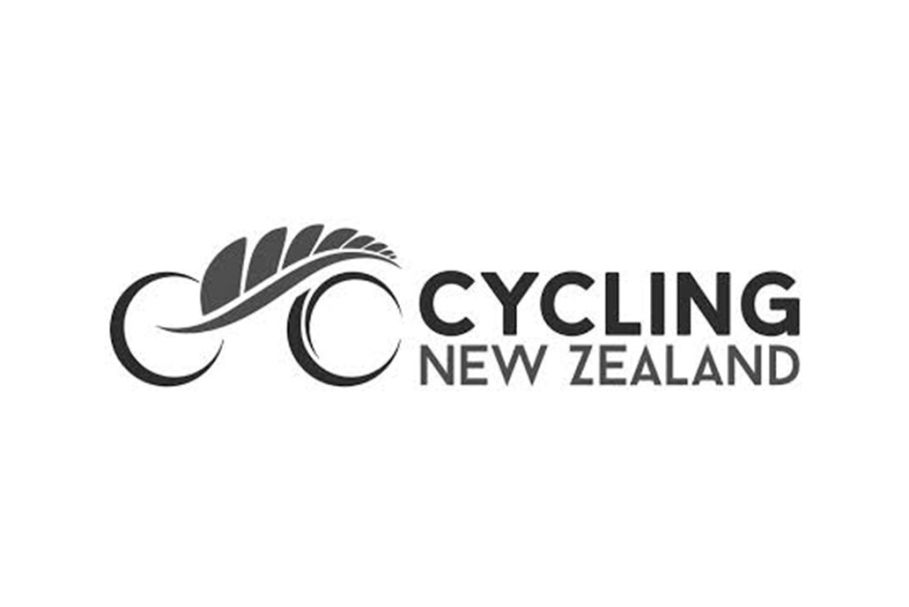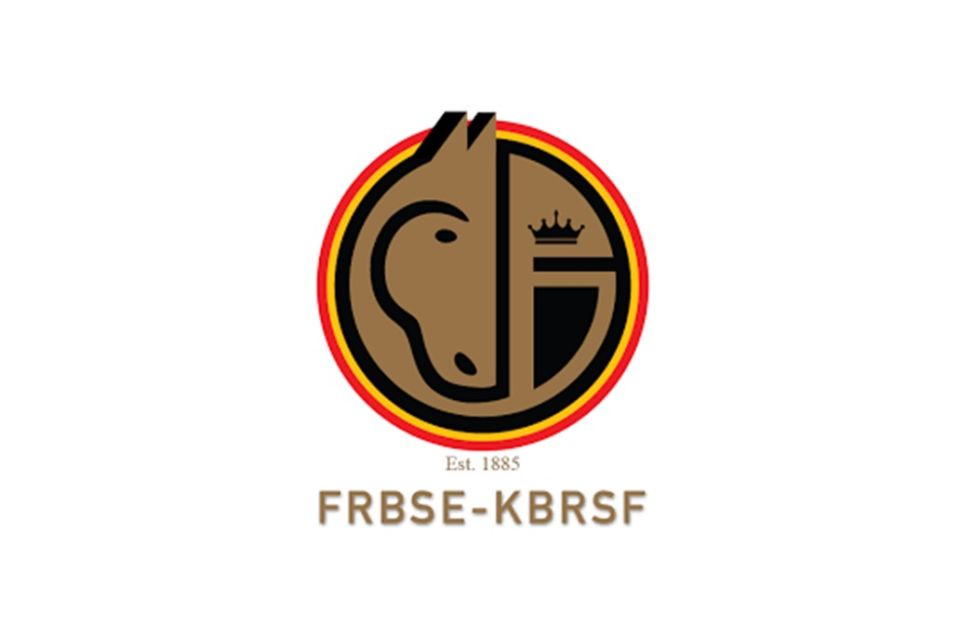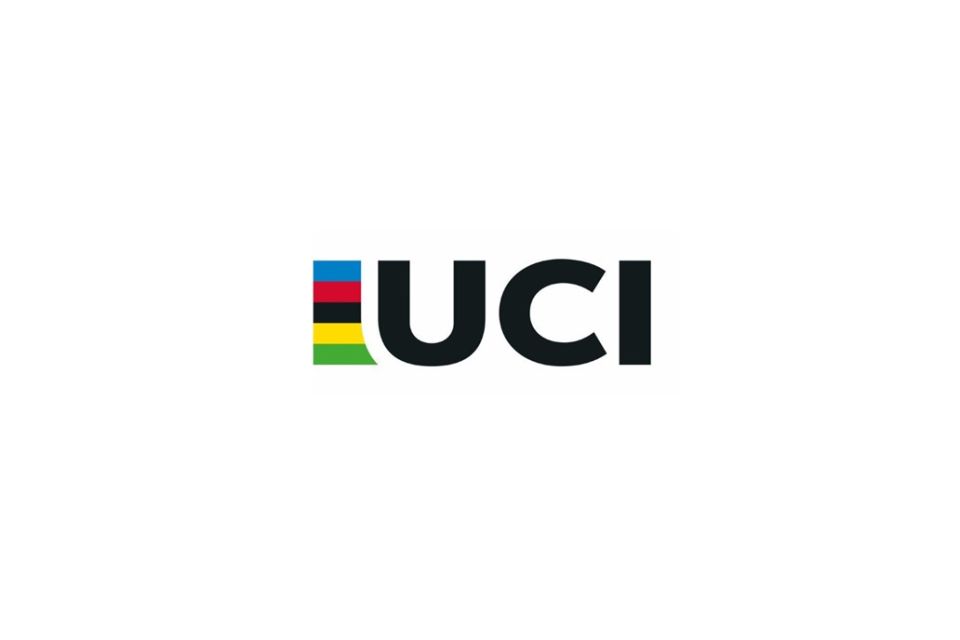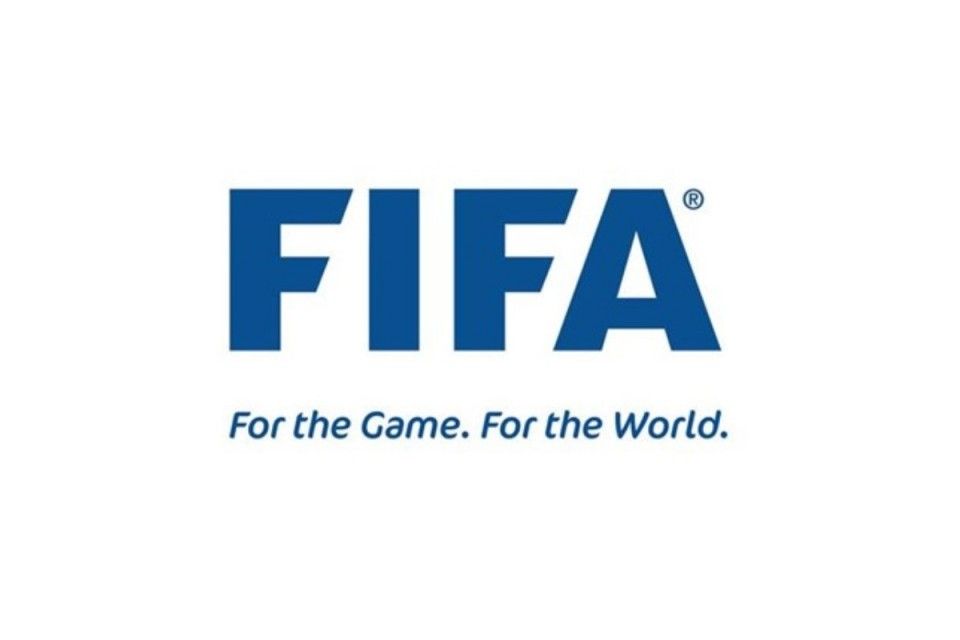
In July this year, 22-year-old New Zealand cyclist, Sammie Maxwell, won her appeal after not being allowed to compete at the Paris 2024 Olympic Games due to her struggle with eating disorders.
Cycling New Zealand chose not to allow Maxwell to compete at the 2024 Games on health grounds. This spurred dispute as just last year, Maxwell won the UCI Under-23 Cross Country World Championship at the Mountain Bike World Championships. Cycling New Zealand’s decision also sparked controversy as Maxwell is also open about her struggle with eating disorders.
The sports tribunal validated that “serious breaches of natural justice” had been committed by prohibiting Maxwell to compete for her country. Maxwell went on to prove this even further by finishing eighth at the Games despite the setbacks, which is her “best result ever at an elite race.”
The ruling granted Maxwell 15,000 NZD (€8,600) in legal costs out of 31,000 (€17,700) NZD after agreeing with Maxwell’s solicitor, Ian Hunt, that not allowing Maxwell to participate was an “erroneous decision” and that it was unfair for her legal costs not to be reduced. Maxwell’s case is unique because she was granted money which rarely occurs. Both Cycling New Zealand and the New Zealand Olympic Committee (NZOC) tried to reject Maxwell’s money claim, to the tribunal’s disapproval, as the NZOC was meant to participate as a neutral interested party.
The ruling stated that “this decision is based on the exceptional circumstances of this particular case. It might, however, serve as a reminder to national sports organisations to ensure that nomination and selection processes are fair and reasonable.”


